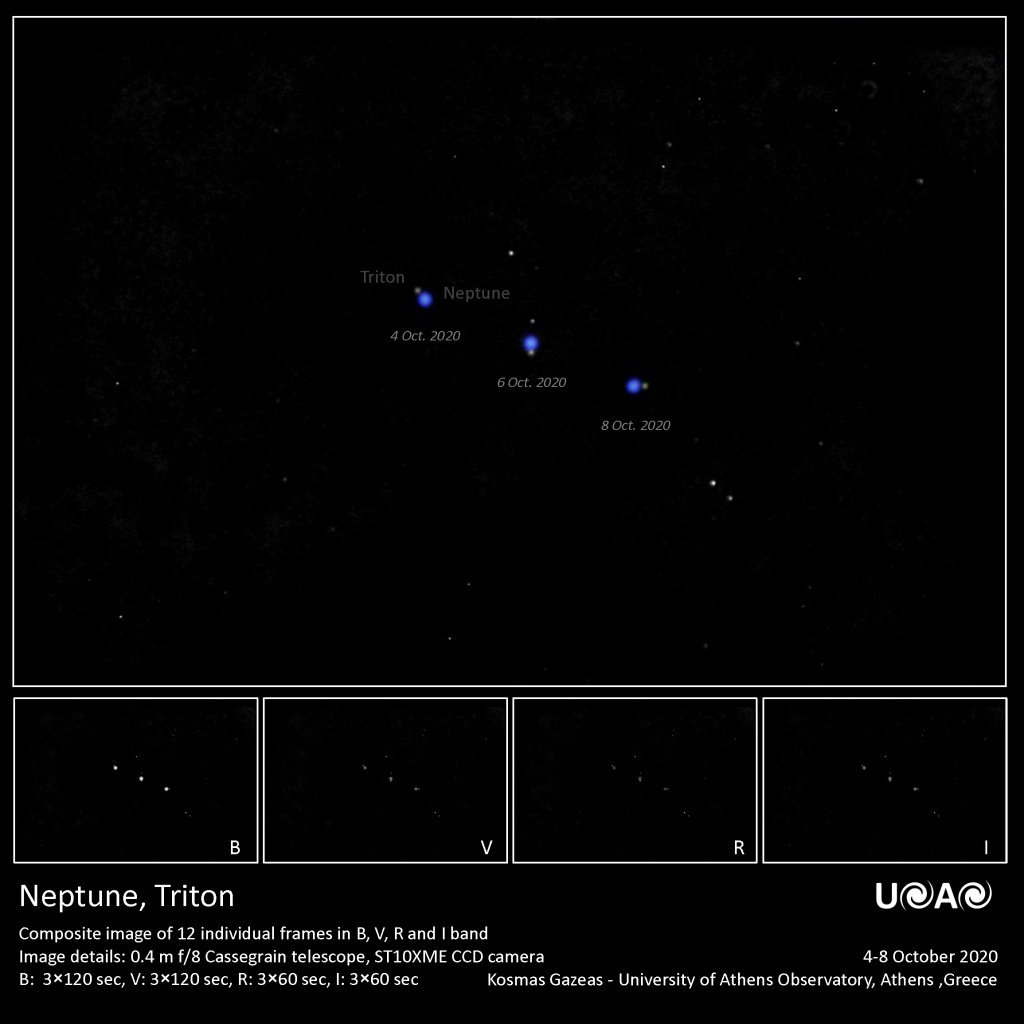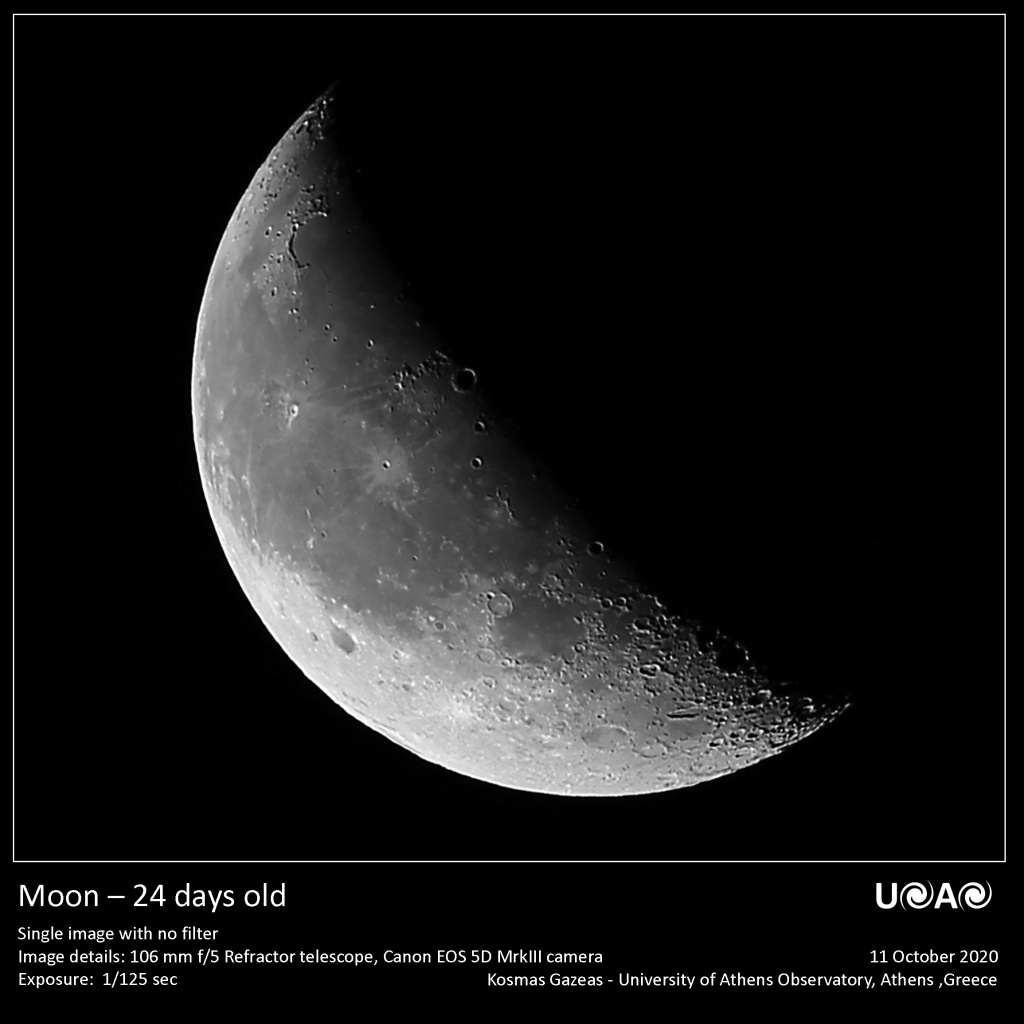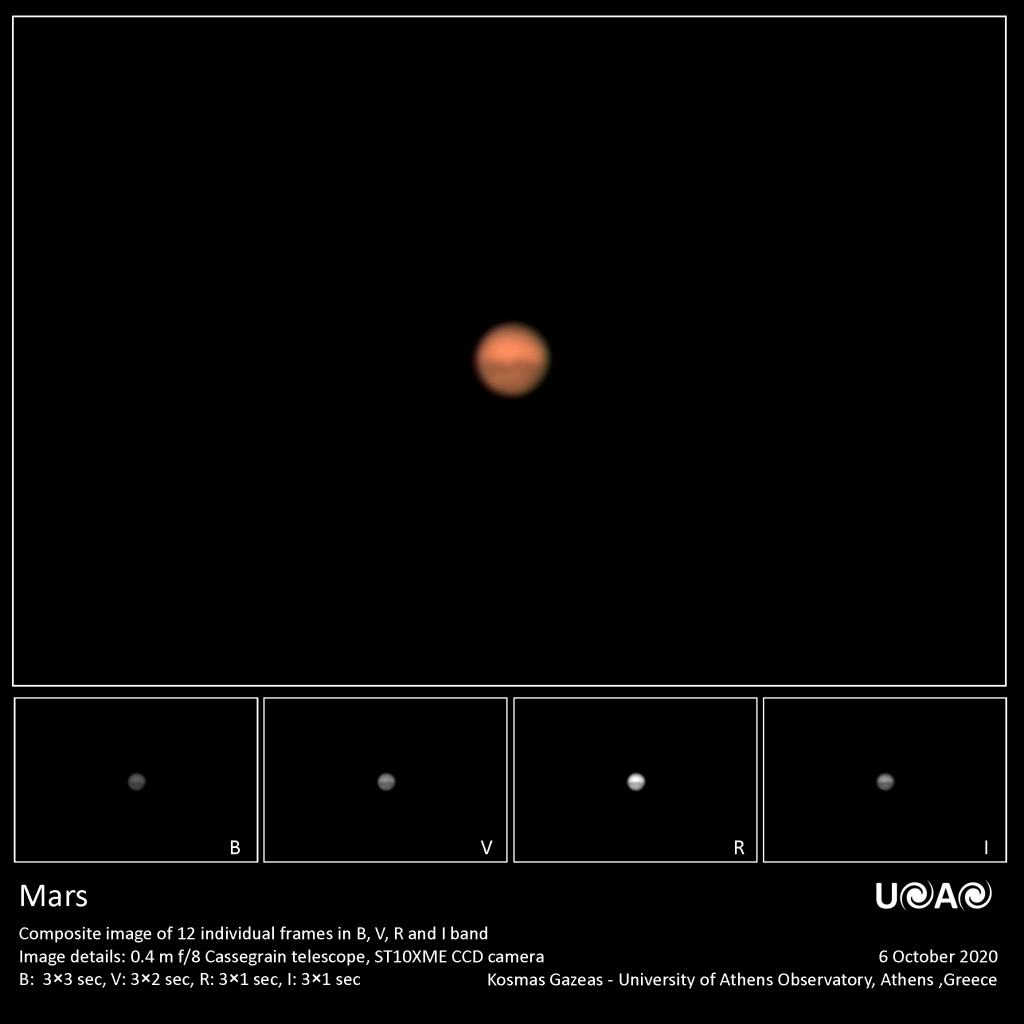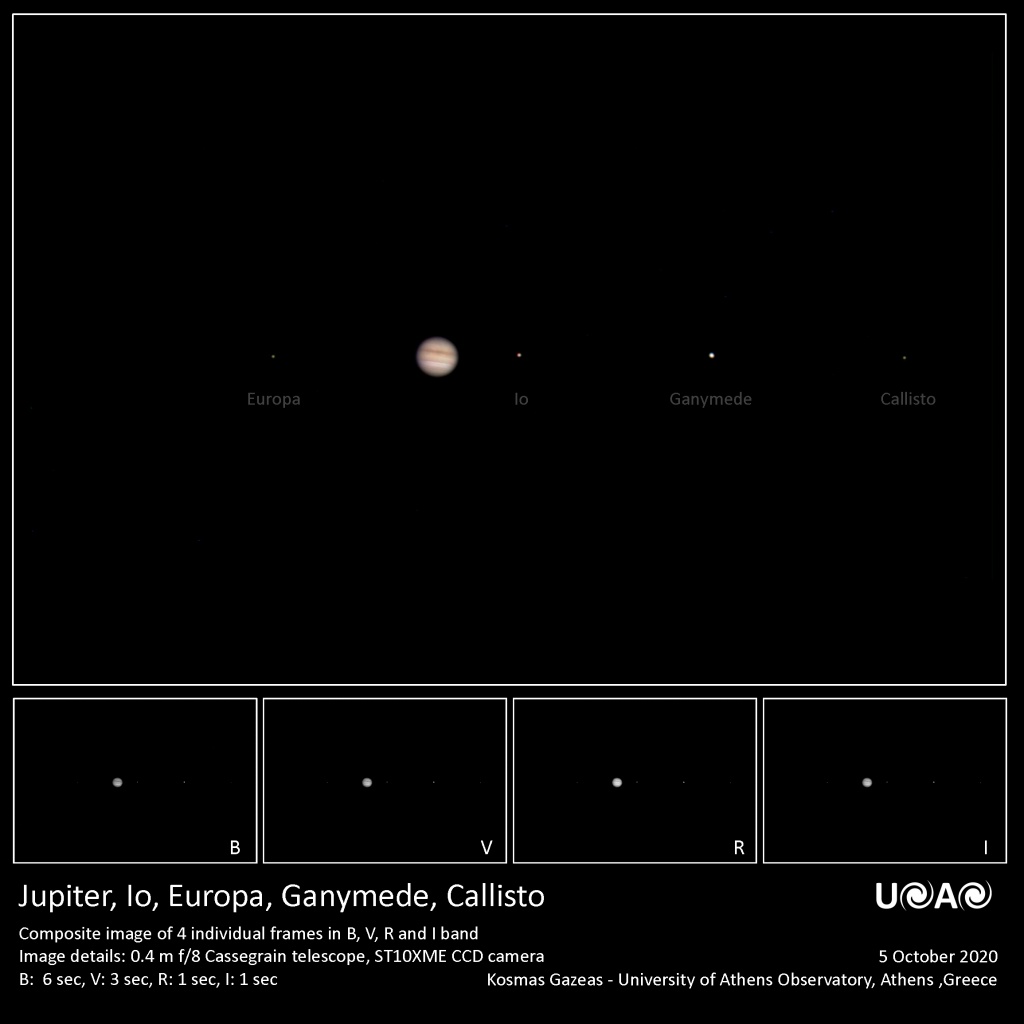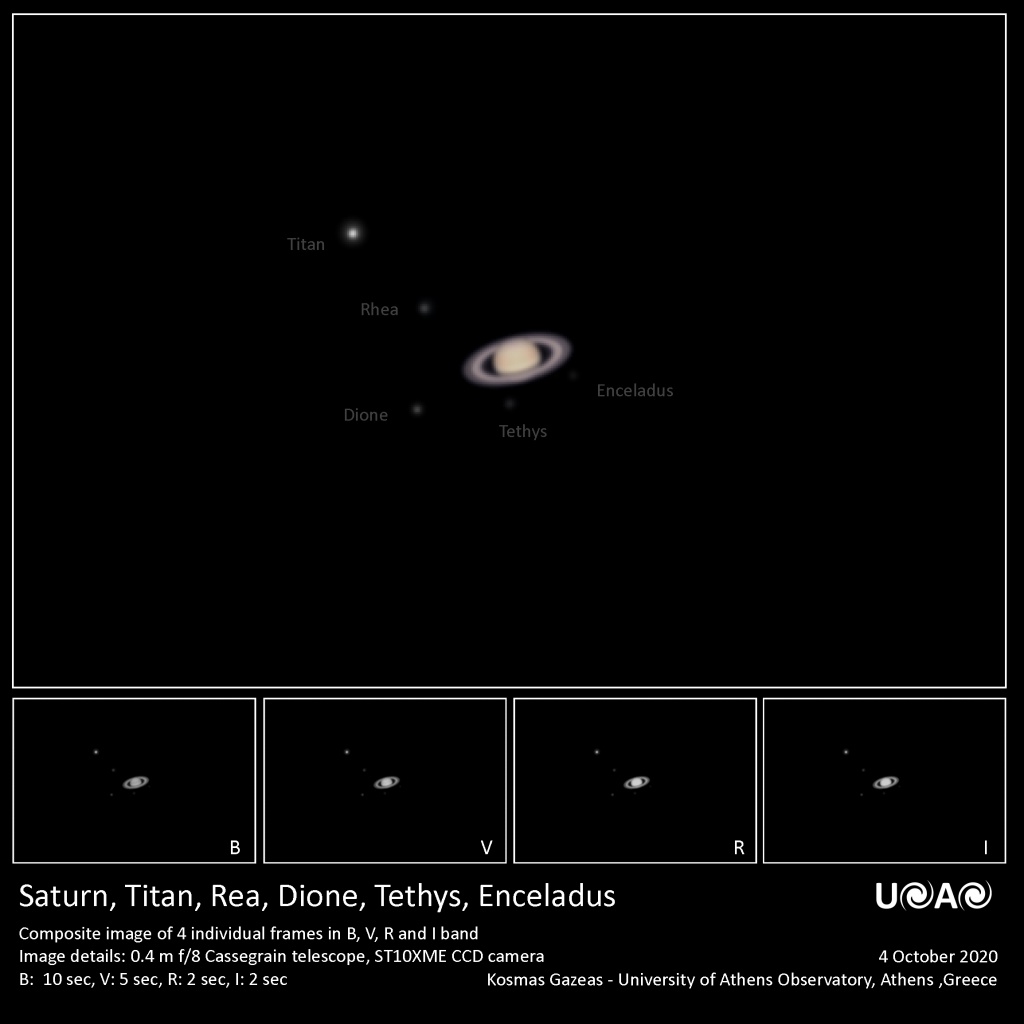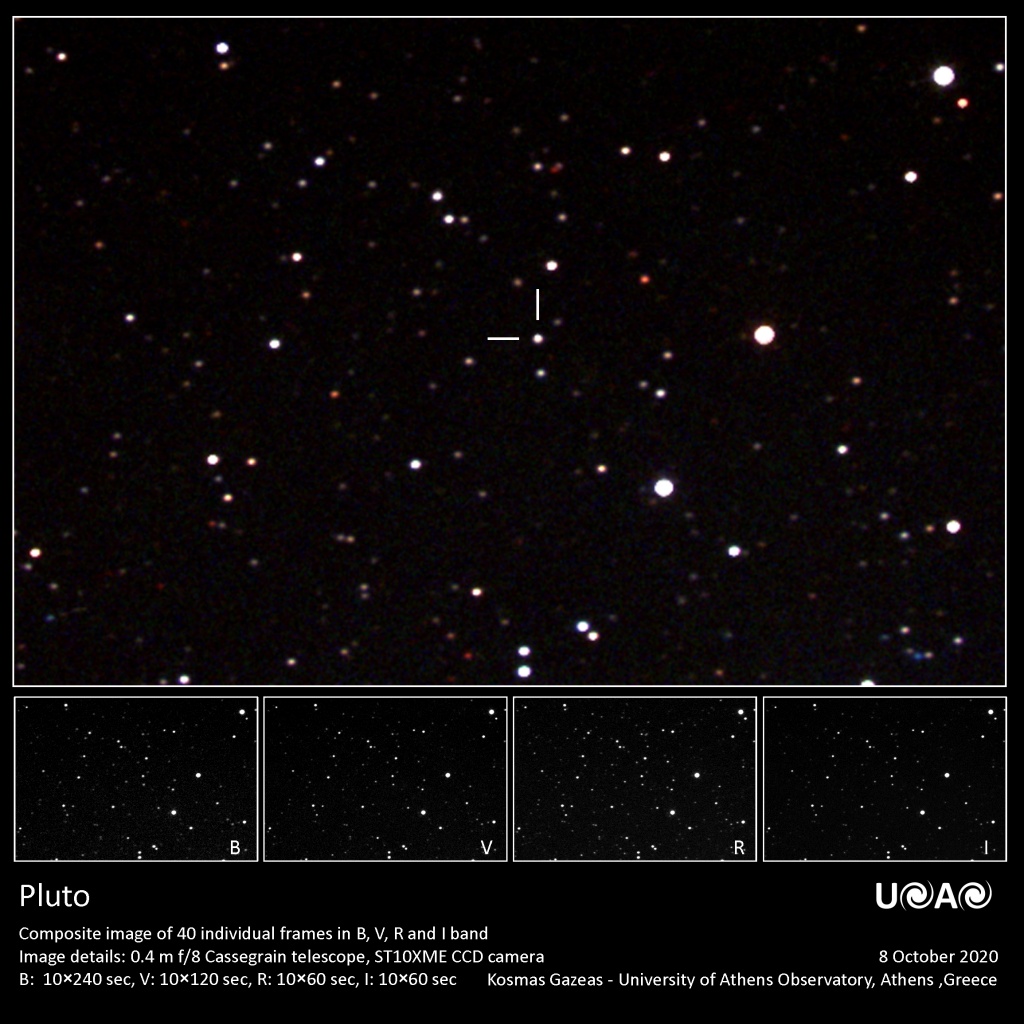Inspiring Stories – ExoWorld Spies
An exoplanet project as a vehicle for public outreach!
In the second of our Early Career Inspiring Outreach Stories, EPEC Outreach Co-chair Anastasia Kokori explains how the public can become ExoWorld Spies and contribute to missions exploring worlds orbiting other stars.
Introduction: Exoplanet research today
To date, more than 3.900 exoplanets have been discovered. Exoplanets are planets orbiting other star, outside our Solar System. However, we know very little about them. For example: What are they made of? How were they formed? Could they host life? Future space missions such as NASA’s JWST and ESA’s ARIEL will try to answer to these questions.
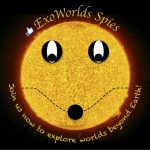 The ExoWorlds Spies project
The ExoWorlds Spies project
To help these space missions and make them more efficient, we need to know when exactly these planets pass in front of their stars. In our project “ExoWolrds Spies”, we use small and medium scale telescopes to “spy on” already known exoplanets for long periods of time. In this way, we can track their paths around their stars precisely and let the spacecrafts know when exactly to observe them. The public can become “ExoWorlds Spies” by obtaining or analysing observations and contribute to real astronomical research.
What is the methodology we use?
After obtaining the data with the telescopes we analyse them with computer software in order to measure the light coming from the star. As the planet passes in front of the star, the star is becoming dimmer. The drop of the light will give us information about the planet: its size, its orbit and its transit timing.
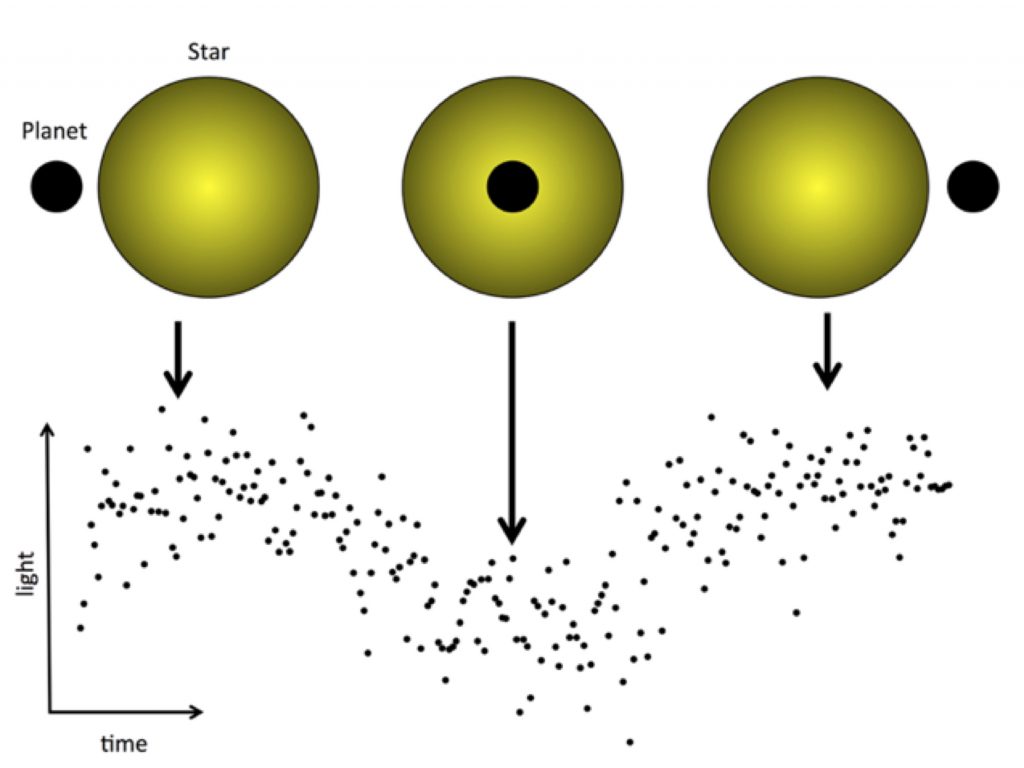
Exoplanet research as a collaborative effort!
This research involves a variety of audiences including professionals and amateur astronomers who are observing target stars with their telescopes. We believe that science can be done by everyone and science is for everyone and thus, volunteers from the public can also become participants. In the near future we aim to create more interactive tools so everyone can access them and get directly involved in real exoplanet research! You can find more information here
Public outreach
The project is a great tool for public outreach. For the past three years our team has been organising presentations both for the public and school students in Greece to spread the science behind exoplanets and planetary science. A dedicated website has been created where we upload articles and publish posts related to new observations of targets and other exoplanet articles.
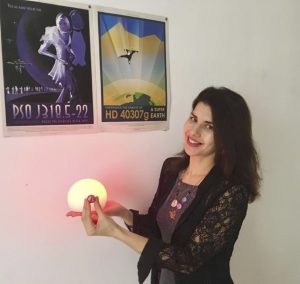
We have been running a social media page on Facebook where our followers get information both on the ExoWorlds Spies project and planetary science news. A variety of audiences have already been engaged through the project and the feedback so far is very positive. We wish to spread the word in other communities around Europe so more people can learn about exoplanets. If you would like to get involved, e-mail us at: exoworlds.spies@gmail.com
You can visit our website for more information or follow us on Facebook and get updated on the exciting field of exoplanets!
Do you like this story and want more? Browse our archive of Inspiring Stories and get inspired!


